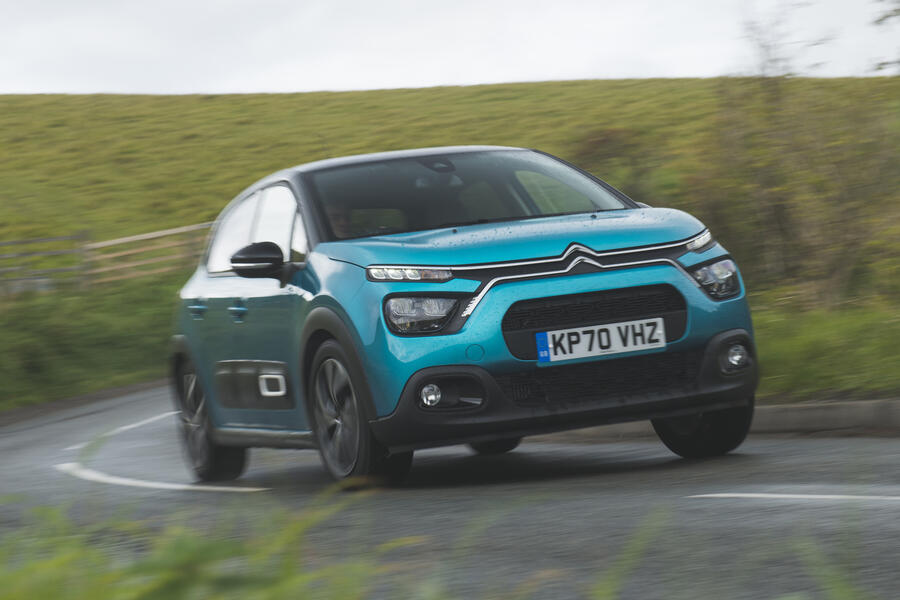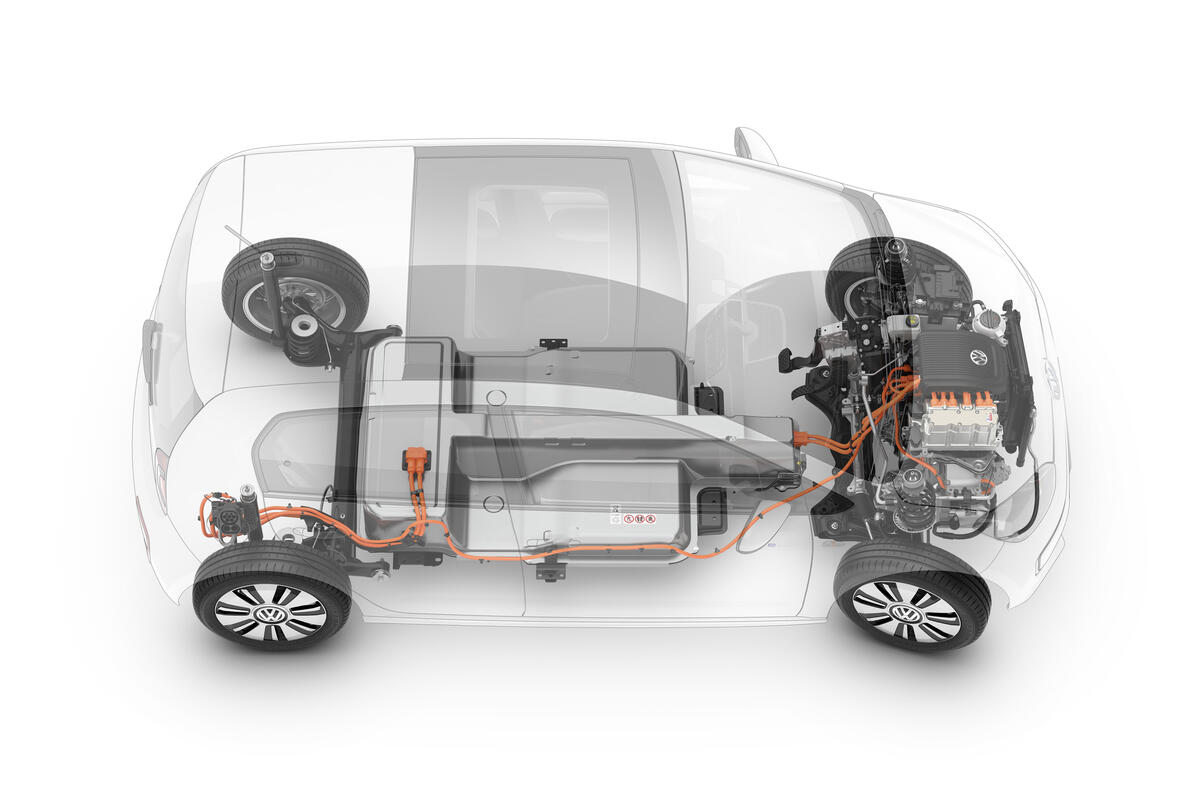Some correspondence this week.
A reader writes from Australia to ask: is it safe to drive an EV if you have a pacemaker?
I confess that this subject hadn’t even crossed my mind. But fortunately it did cross the minds of some scientists from a university and a cardiovascular research centre in Munich and the Wellington Hospital in New Zealand, who in 2020 published the results of a study on it. In short, it’s not a problem.
They took 108 patients with various cardiac implantable electronic devices (CIEDs, meaning pacemakers or defibrillators) and exposed them to the electromagnetic fields in four electric cars (a BMW i3, a Nissan Leaf, a Tesla Model S and a Volkswagen e-Up), both while driving under full power in a laboratory, so the field was as big as it could have been, and while charging.
EVs do produce electromagnetic fields (most notably around their batteries), but these are very well shielded to prevent interference with other on-board electronic systems.
The highest electromagnetic field that the researchers recorded was actually along a cable during a 32A charge, cables being less well shielded than the car itself.
The researchers did recommend further study into fast chargers, which today employ a much higher current and therefore a bigger electromagnetic fi eld than in their study, conducted late last decade, but at no point did any of their research find interference with any of the patients’ CIEDs.
Civic or Corolla? I’ll take the Citroen, thanks

A friend who has no interest in cars writes for advice about buying one. He has on his shortlist a used Honda Civic and a newer Toyota Corolla hybrid.
That’s not a bad position to start from. When I’m asked to recommend a car to someone who knows and cares nothing about them, those are the sort of models that I end up naming: reliable, unremarkable cars that fit into your life like a kitchen tap. I would suggest that you or I buy a Morgan Super 3; them not so much.







Join the debate
Add your comment
The Citroen is better than both Honda and Toyota if you like to visit your mechanic very often.
That's a lame, knee-jerk,hackneyed, tired and reductive stereotype. Will a Civic or Corolla be more niggle-free and reliable than a Citroen C3 in the long term? History and conventional wisdom would surely say yes, as they would be in comparison to virtually any other car in the marketplace, but the degree of superiority in that area isn't so significant as to discount every other modern car. If that were so true and it was the only relevant metric, than they would outsell every other car by massive margins and breakdown lanes would be littered by Citroens et al.From personal experience I can point to my Dad's 2000 Citroen Xzara non-turbo and painfully slow estate diesel with 380km he keeps as a vacation car at a second home. He bought it used many years ago as cheap local transport and has been utterly stubbornly dependable.